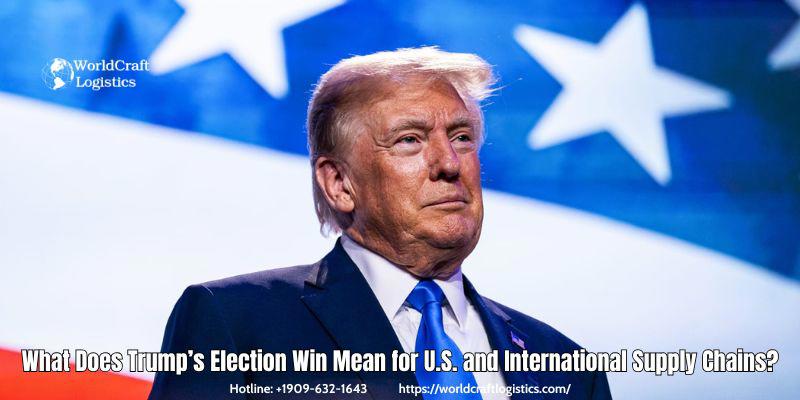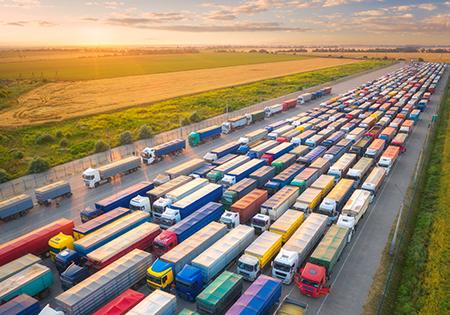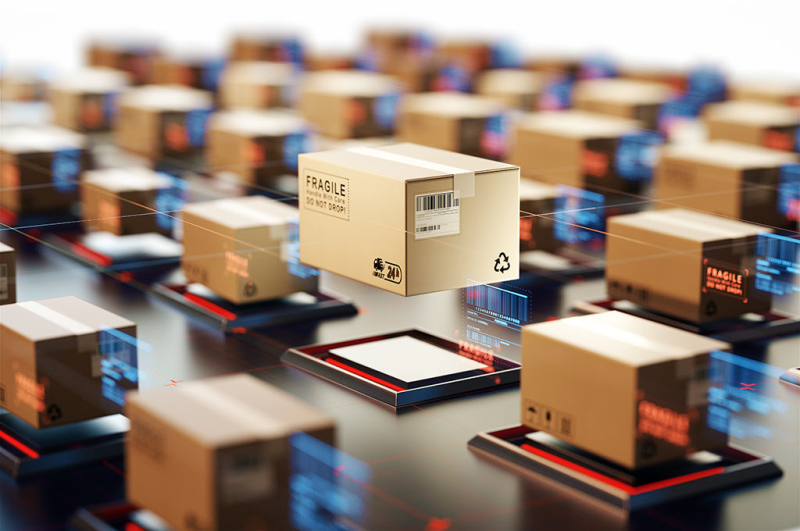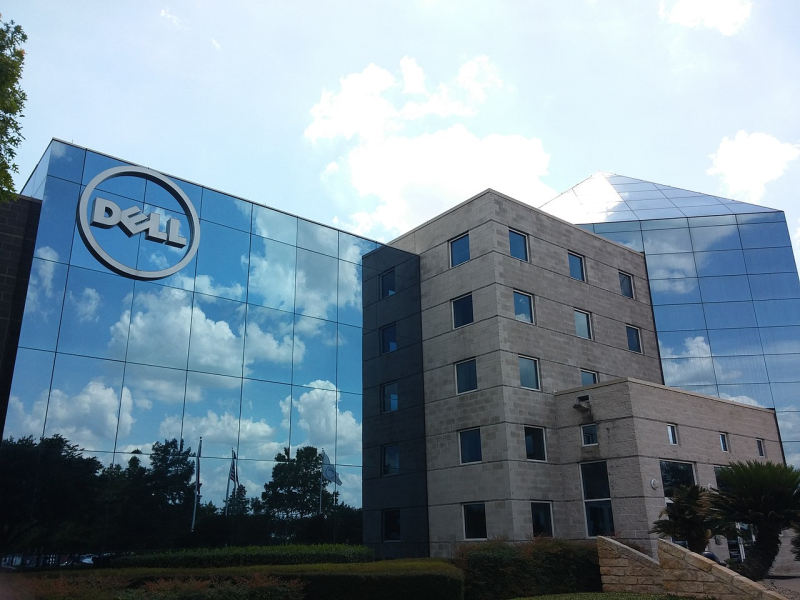
Starting June 1st, 2023 Our warehouse fee will be $0.65/cubic foot per month
In effort to lower the warehouse storage fee during inflation, we have went narrow aisle racking.This construction took us four months but the project is finally completed. With narrow aisle racking, we are able to drop storage by 24%.We as partners will go through this inflation together.
11/06/2024
In November 6, 2024 - In a historic electoral decision, Donald Trump will be inaugurated as the 47th President of the United States in January 2025, reclaiming a role he previously held as the 45th president. Trump's victory over Vice President Kamala Harris, the Democratic candidate, was confirmed as he secured the 270 electoral votes needed for a return to office.
With this transition, Trump brings with him a renewed commitment to a protectionist economic agenda. Throughout his prior tenure (2017-2021) and recent campaign, Trump has repeatedly emphasized a goal of reducing U.S. reliance on foreign markets. Central to this vision is a new wave of tariffs aimed at Chinese imports and beyond, building upon the “America First” trade policies he enacted during his initial presidency.
One of the most contentious issues of Trump’s campaign was his stated intention to escalate tariffs. In numerous speeches, Trump vowed to raise tariffs on imports across the board to a range between 10% and 20%, while proposing even more significant levies on goods from China - some as high as 60%. These increases are designed to incentivize U.S. domestic production, safeguard intellectual property, and mitigate dependency on international supply chains.
The first iteration of Trump's tariff strategy came in 2018, when he imposed a 25% tariff on $50 billion in Chinese goods, triggering a prolonged trade conflict with Beijing. The administration justified these tariffs as a means to counteract unfair practices and open the Chinese market to American industries. Since then, trade tensions between the world’s two largest economies have simmered, with periodic escalations that are expected to persist under Trump’s new term.

Beyond China, Trump’s trade policies are anticipated to impact other U.S. trade partners. During his campaign, he criticized European Union countries for insufficient purchases of American products and signaled that they, too, may face higher tariffs. This stance has reportedly already led some multinational corporations to consider alternative manufacturing and supply chain strategies, including the relocation of production facilities to Mexico.
However, critics warn that such protectionist measures could disrupt industries dependent on foreign imports and spark retaliatory actions from global trading partners.
In parallel, Trump’s infrastructure policy could lead to an increase in investment in logistics and construction. During his first term, he prioritized infrastructure spending to enhance U.S. logistical efficiency. Similar investments could benefit U.S. companies across these sectors, although Trump's hardline immigration policies may pose challenges for the labor supply needed for large-scale infrastructure projects.
While Trump’s policies may stimulate U.S. manufacturing and logistics sectors, the ramifications for international trade networks and global supply chains remain uncertain. As companies prepare for potential changes in tariffs and trade relations, Trump's second term is likely to bring both challenges and opportunities for businesses worldwide.
SEO
Digital Marketing/SEO Specialist
Simon Mang is an SEO and Digital Marketing expert at Wordcraft Logistics. With many years of experience in the field of digital marketing, he has shaped and built strategies to effectively promote Wordcraft Logistics' online presence. With a deep understanding of the logistics industry, I have shared more than 500 specialized articles on many different topics.

Hot News
08/05/2024

Hot News
02/23/2023

Hot News
02/23/2023

Hot News
02/06/2023
Hot News
02/07/2023